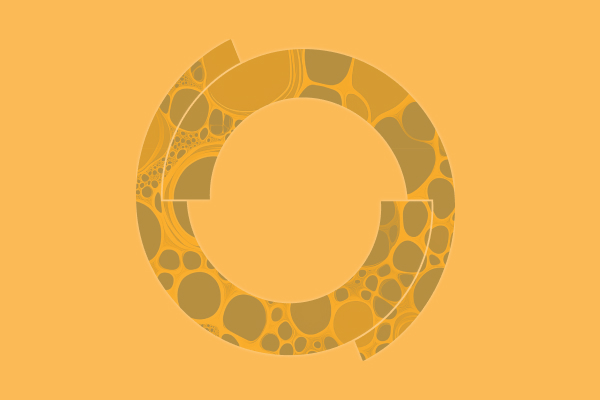The Antibody-Drug Conjugate (ADC) Model Pack offers unparalleled insights into ADC pharmacology. This pre-built model pack is used with Assess™, and each model includes mechanism of action diagrams, pharmacology diagrams, and a comprehensive set of parameters derived from extensive literature research. This robust toolkit is ideal for researchers aiming to optimize ADC design and predict therapeutic outcomes.
ADC Model Pack
Pre-built library of validated QSP models for ADCs with and without avidity
Includes 42 models for monospecific and bispecific ADCs
Features avidity effects and multi-compartment pharmacokinetics
Supports in vitro and in vivo simulations
Model diagrams and parameters
Each model in the ADC Model Pack includes a mechanism of action diagram and a pharmacology diagram with model parameters and their nominal values. Each model in Assess™ has a unique set of parameters, based on the model pharmacology and number of compartments. In the app, each parameter contains a default value based on expansive literature searches and references. Below is a representative model diagram.

Created in Biorender
Explore other Assess™ QSP model packs
In addition to the ADC model pack, Assess™ offers several libraries of monospecific and bispecific, single-compartment and multicompartment models covering common pharmacologies.
Related resources
View allDownload the ADC model pack
Discover how Certara’s Antibody-Drug Conjugate (ADC) Model Pack in AssessTM can transform your ADC research.
On-demand support
Have any questions about AssessTM model packs? We have software engineers ready to chat!
Documentation
Visit our AssessTM documentation portal for product documentation as well as video case studies.


